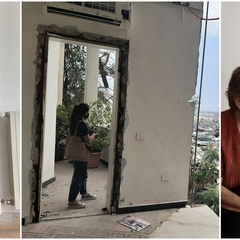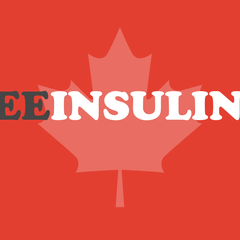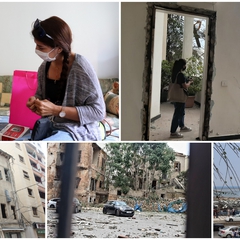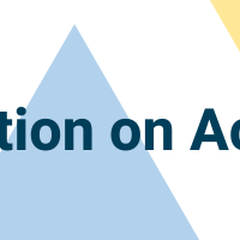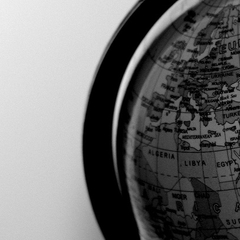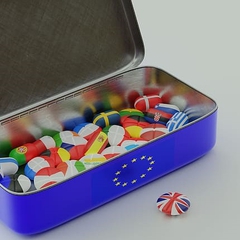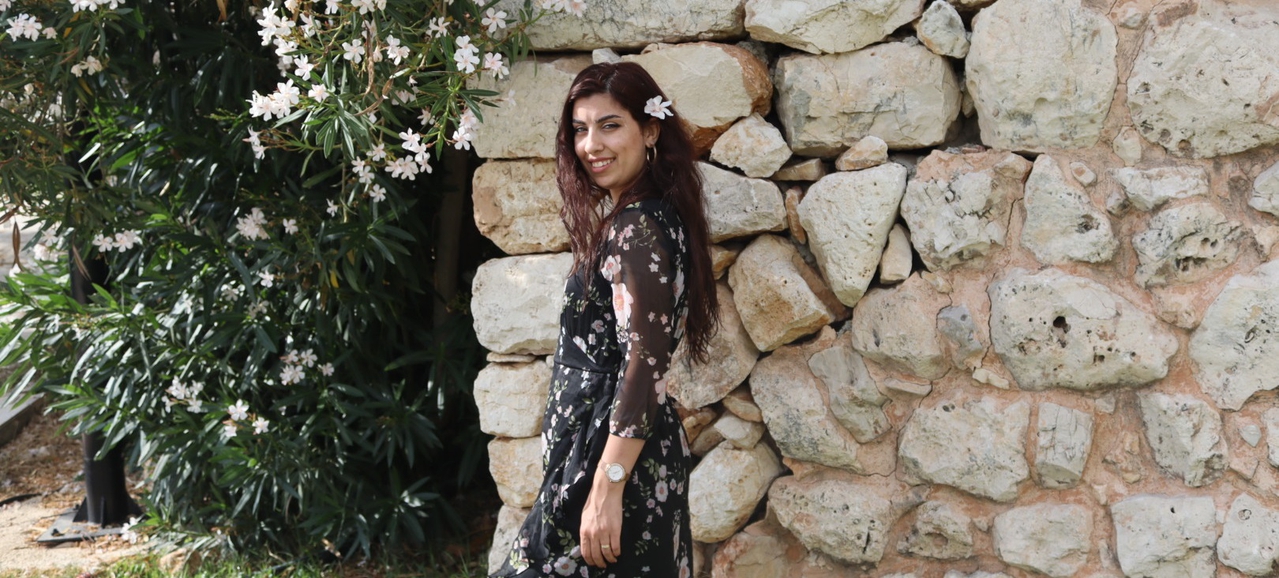
An Insulin Resolution is Necessary for Lebanon and the World
29 Jun 2020, 9:30 a.m. in Global Stories by Cyrine Farhat
Diabetes has been on the global agenda in some form ever since World Diabetes Day was created in 1991,which is also the year I was born. It took 15 years to put diabetes on the United Nations agenda after that, to tackle the urgent need to pursue multilateral efforts to promote and improve human health, and provide access to treatment and health-care education. Fast forward another nine years to 2015 when the 2030 agenda was launched and the Sustainable Development Goals (SDGs) were adopted. Despite all of that, we are now in 2020, talking about access to insulin when we should have already made it widely available and affordable to all pillars of society.
Sadly, my country and many others are still facing many challenges with insulin access and affordability. Lebanon’s recent financial crisis has caused a dollar shortage that, since September, has restricted the ability of medical supply importers to import vital medical supplies. First it started with masks, gloves, and other protective gear, as well as ventilators and spare parts, and now even essential diabetes supplies are sometimes unavailable. The government has also not reimbursed public and private hospitals for bills, which has made it harder for diabetics to purchase their medication and other diabetes-related medical supplies. For example, Novorapid insulin has been hard to find at pharmacies over the past two weeks.
I had the honour to participate in the WHA virtual forum on Access to Insulin and to address all my concerns as a patient advocate from Lebanon. The aim of the virtual forum was to facilitate a wide discussion between a group of experts and advocates on this issue. The crucial problem is that almost a 100 years after the breakthrough that has saved millions of lives worldwide – the discovery of insulin – many people still cannot access or afford it.
The fact that I was able to voice my concerns as a person with type 1 diabetes among the panellists that the forum included was very empowering. The panel included Zachariah Muriuki, Project Manager - National Diabetes Prevention and Control Program at Ministry of Health, Kenya; Dr. Kaushik Ramaiya, Consultant Physician and Chief Executive Officer at Shree Hindu Mandal Hospital, Dar es Salaam, Tanzania; Greg Perry, Assistant Director General, IFMPA; and Emer Cooke Director, Regulation of Medicines and other Health Technologies, World Health Organization.
The forum started by showing a video that displayed testimonials from people living with type 1 diabetes around the world, including the barriers they face in regards to access to insulin, and responses from health care providers. Although I've personally lived with diabetes for almost 13 years and have dealt with so many obstacles, it still breaks my heart when I see what people with diabetes worldwide have to go through in order to get insulin and remain alive.
When asked during the forum about the barriers that the Lebanese have been facing with access to insulin and how the government needs to address these concerns, I depicted the current economic situation in Lebanon. The government is absent, especially after the revolution that spiked in October 2019 and left behind a collapsing economy. With hyper-inflation skyrocketing at 240% and the Lebanese Lira collapsing, the government has decided to remove the subsidy from bread and combustibles. The Central Bank has set their own policies restricting depositors’ access to funds in their current dollar accounts and the transfer of money abroad, making it harder to finance imports, including of medical equipment and medicine. These issues can put people living with diabetes in a very dangerous position. With no substitute to imported insulin, and the decline in purchasing power due to inflation, how will Lebanese people be able to afford their medication?
I shared that I believe in the upcoming months we will be left with an insulin crisis once the subsidy is also removed from medication. Patient advocates in Lebanon have been trying to reach out to the government, to no avail. The only thing we can do is to continue to raise our voice until we are heard.
In another question, I was asked what it meant to have the World Health Organization (WHO) and their Member States recognize and prioritize access to insulin, and how people living with diabetes and the global community can take this issue forward. I said that once the international community admits and perceives “insulin as a human right”, the entire scope of advocacy for access to insulin would have solid foundations and would shift from voicing about lack of access to actually forcing governments to comply. As advocates, we must seek accountability from governments regarding progress on WHA targets and address hurdles and bottlenecks in the process. Governments should also set state-level targets, and develop a strong participatory monitoring framework and management information system to measure outcomes of targets under SDGs and WHA.
The panel discussed other matters such as steps that have been carried out in Kenya to enhance access to insulin, how Tanzania has also worked towards improving access and the recommendations it provides to other countries, and how the WHO is committed to improving equitable access to insulin. It was concluded that the WHA resolution on insulin needs to be comprehensive in the requests to governments and to the WHO on actions they should take. Here, civil society, governments, and WHO need to define key requests and alight goals that serve making insulin accessible.
As a Global Advocate for T1International, I will continue to push for change in any way possible. Insulin is life support and no person should have to decide between putting food on the table or affording insulin. I truly believe that we are capable of creating change. The right of access to insulin is mine, yours, and the world’s. If it is our right, then we will not stop until we get it!




